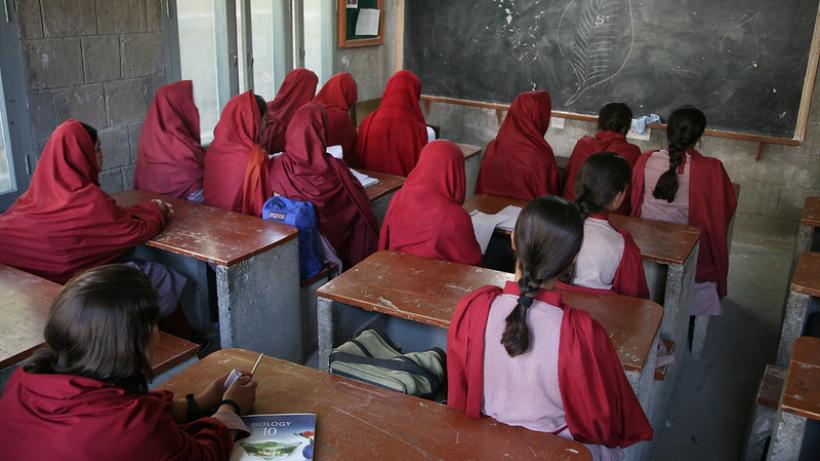
Reforming educator accountability systems: Evidence from Pakistan
-
Asad-et-al-2020-Policy-brief.pdf
PDF document • 267.94 KB
Pakistan suffers from extremely low learning levels, and past research has shown that a lack of effective incentives for educators is a substantial contributor to this problem.
- Recognising this, the Khyber Pakhtunkhwa (KP) government wanted to reform the educator accountability system. Under a proposed reform, educator promotions would be linked to performance measures collected by government district officials, rather than, for example, seniority.
- The research team worked with the KP government to conduct a randomised controlled trial (RCT) in 240 rural primary schools during the 2017-18 school year. The RCT evaluated two variants: linking teacher promotions to their and and their students’ performance; and linking head teacher promotions to their and their teachers’ performance.
- The study found no significant impacts on outcomes for students or educators. This may be due to ‘system incoherence’— the accountability relationships created for educators and district officials were not sufficiently aligned around improving learning because of design constraints but also serious implementation challenges.
- Notably, the study provides documentary evidence showing that many government district officials did not follow the measurement protocols, possibly because of previous
standard practices, suggesting that ‘mental models’ maybe be difficult to change.






